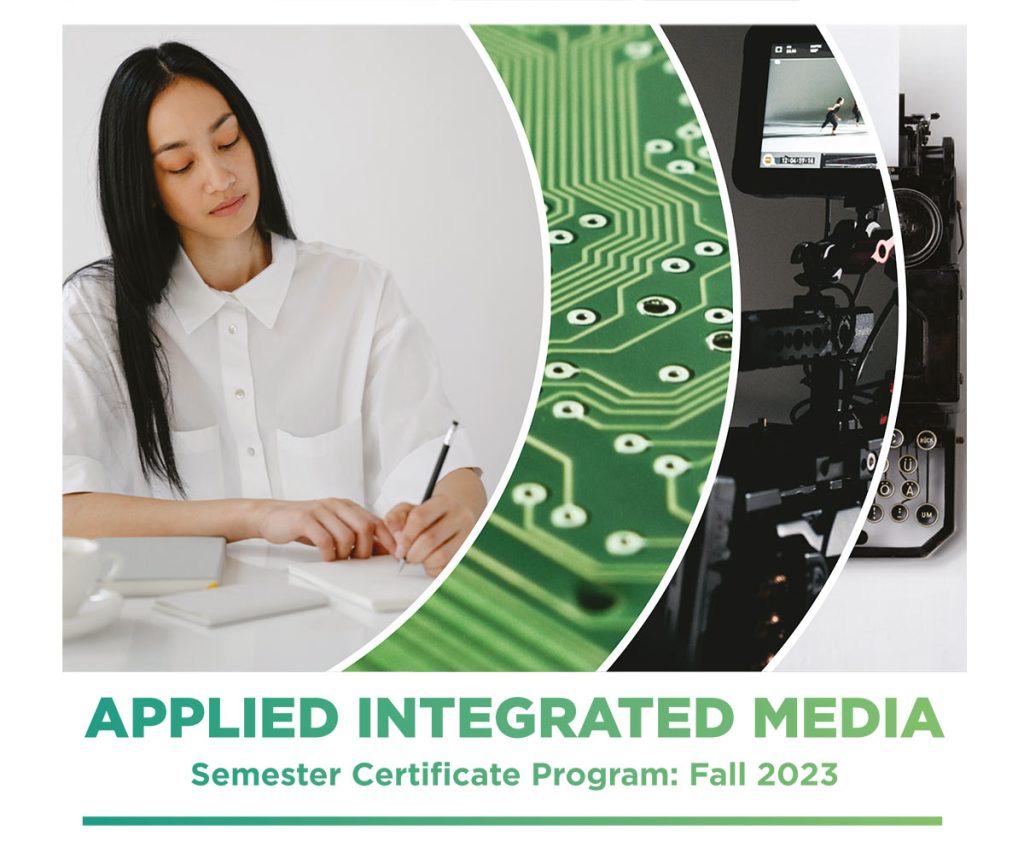- Advertising Principles
- Capping: Communications Studies
- Communication and the Art of Leadership
- Communications Internship in Italian
- Communications Research Methods
- Consumer Insights and Strategic Development
- Crosscultural Communication in the Workplace
- Food Marketing & Communication
- Food Writing
- Global Brand Management
- Global IMC Campaign Development
- Global Media Strategies
- Global Sports Marketing
- Integrated Marketing Communication
- Introduction to Communications
- Introduction to Cross-Cultural Communication: Bridging the Borders of Difference
- Media Ethics in the Techno Age
- Media's Evolving Role in Modern Society
- New Media: Communication in the Digital Age
- Public Relations
- Social Media Marketing Internship
- Speaking in Public
- The Art of Persuasion, from Antiquity to Modern Times
- The Body Speaks: The Power of Non-Verbal Communication
- The Power of Interpersonal Communication
- The World Changing Convergence of Media and Technology
- Visual Culture in Italy Since 1945 (Art, Design, Media)
- War and Media
Communications
The Communications Department represents a transdisciplinary field of study: its core concepts draw from the intellectual traditions and methods of inquiry typical of the social sciences, humanities, and arts, so that students gain a better understanding of this complex yet increasingly important field. By examining the principles of consumer behavior and applying research-based strategic planning students create, for example, integrated marketing campaigns for new and existing brands. They analyze how digital technologies are shaping not only cultural and marketing strategies, but approaches to war, art, and scientific advancement. More importantly, students are called upon to examine our physical and emotional reactions to these phenomena as human beings.
LdM’s faculty is both academic and professional, and employs dynamic teaching techniques. All LdM faculty encourage student development as they work in group projects, perform at public presentations, and experience practical workshops. This Department specifically offers unique assignments where students design websites, or related digital content, as well as experience immersive ethnographic observations in Florence’s city center. These courses improve students’ analytical, observational and research skills, as they challenge students intellectually and engage their imagination.
With the ever-quickening pace of technological change and the transmission of information in today’s globalized society, the study of communications can lead to many interesting professional fields such as human relations management, public relations, marketing and advertising, and education.
Semester Certificate in Applied Integrated Media
The Communications Department represents a transdisciplinary field of study: its core concepts draw from the intellectual traditions and methods of inquiry typical of the social sciences, humanities, and arts, so that students gain a better understanding of this complex yet increasingly important field. By examining the principles of consumer behavior and applying research-based strategic planning students create, for example, integrated marketing campaigns for new and existing brands. They analyze how digital technologies are shaping not only cultural and marketing strategies, but approaches to war, art, and scientific advancement. More importantly, students are called upon to examine our physical and emotional reactions to these phenomena as human beings.
LdM’s faculty is both academic and professional, and employs dynamic teaching techniques. All LdM faculty encourage student development as they work in group projects, perform at public presentations, and experience practical workshops. This Department specifically offers unique assignments where students design websites, or related digital content, as well as experience immersive ethnographic observations in Florence’s city center. These courses improve students’ analytical, observational and research skills, as they challenge students intellectually and engage their imagination.
With the ever-quickening pace of technological change and the transmission of information in today’s globalized society, the study of communications can lead to many interesting professional fields such as human relations management, public relations, marketing and advertising, and education.
